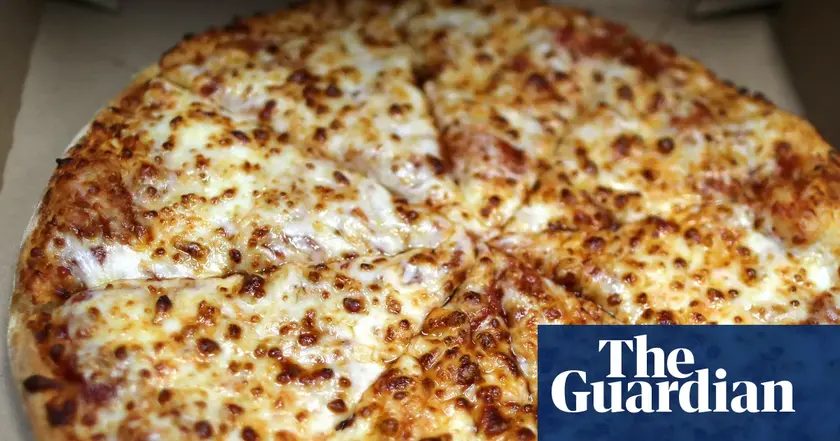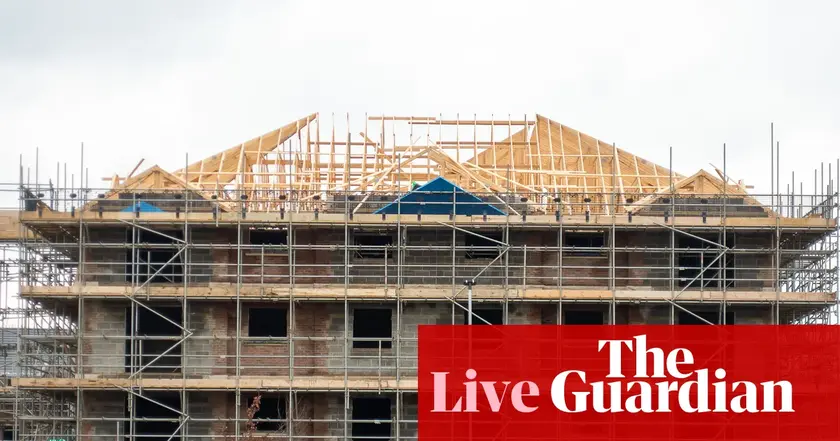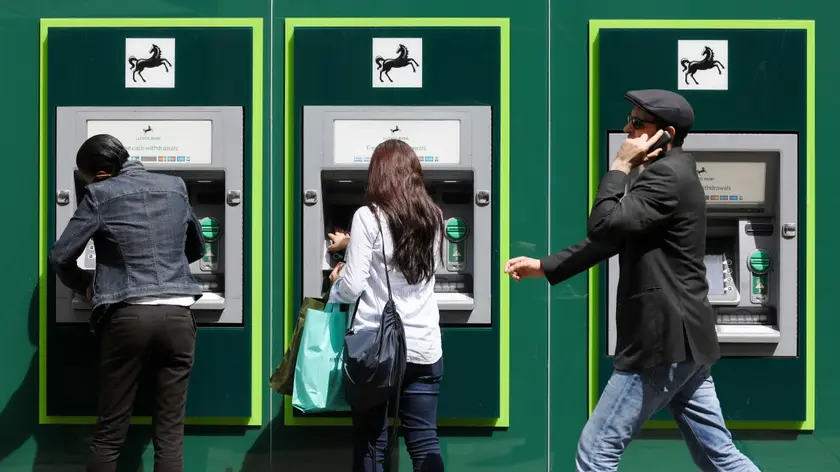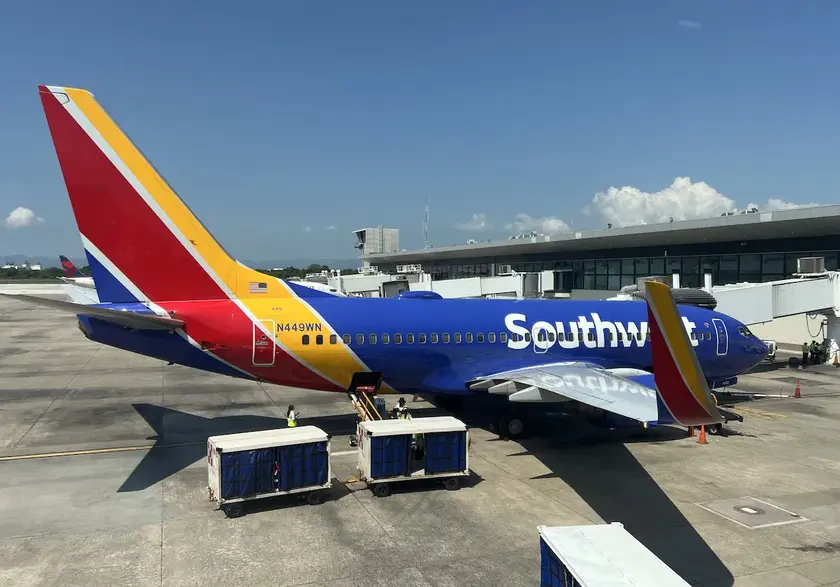T4K3.news
Domino’s Pizza reports 15% drop in half-year profits
The fast-food chain blames weaker consumer confidence and increased wage costs for lower sales.

Domino’s Pizza faces challenges with weaker consumer confidence and rising costs.
Domino’s Pizza reports sharp drop in profits amid changing market
Domino's Pizza announced a nearly 15% drop in half-year profits as it cited a challenging takeaway market in the UK. The company expects full-year underlying profits to range between £130 million and £140 million, falling short of analysts' projections by about £6 million. Increased wage costs, due to higher national insurance payments and a rise in the legal minimum wage, have made franchise partners hesitant to open new locations. While Domino’s gained some market share, the company opened only 11 stores in six months, significantly fewer than earlier predictions of over 50 openings for the year. The stock market reacted negatively, reflecting concerns about flat order numbers and overall sales performance. Analysts warned of broader implications for the fast-food sector as companies like Greggs and Papa John's also face declining profits and store closures.
Key Takeaways
"There’s no getting away from the fact that the market has become tougher for us and our franchisees."
The CEO highlights the challenges faced by the company and its partners.
"Despite revenue growing and higher like-for-like sales, profits have dropped sharply."
An analyst comments on the troubling trend for the franchise model.
"Ongoing headwinds from low consumer confidence will impact the sector."
An equity analyst points out the significant challenges ahead for fast food.
"The numbers point to structural headwinds that go beyond pizza."
Market analysts express concern over Domino's broader situation in the food landscape.
Domino’s struggles reflect a wider trend in the fast-food sector, where rising costs and declining consumer confidence are forcing companies to rethink their growth strategies. The shift in eating habits towards healthier options, influenced partly by weight-loss treatments, complicates matters further. As consumers tighten their budgets, fast-food chains that traditionally thrive on low-cost offerings may need to adapt quickly to survive. Increased automation might help reduce costs, yet it also raises questions about the future role of human workers in these franchises. The unfolding situation offers a cautionary tale about the vulnerabilities that can affect even the strongest brands during economic downturns.
Highlights
- Domino's faces tougher market conditions than ever before.
- Consumer confidence is essential, and we're now seeing its impact.
- Rising costs are reshaping how franchises plan their future.
- If fast food is struggling, what does that mean for the economy?
Rising Costs and Consumer Trends Raise Concerns
Domino's struggles indicate larger issues in the fast-food sector, with rising wage costs and shifting consumer preference impacting profits and future growth.
As the food industry adapts, reliance on traditional models may need re-evaluation.
Enjoyed this? Let your friends know!
Related News

Tesla's UK sales drop nearly 60 percent

Tesla's UK sales drop nearly 60% in July

UK construction activity sees sharpest drop in five years

Mortgage approvals increase as housing market stabilizes

FTSE 100 reaches intraday high of 9,102.53

S&P 500 Closes Mixed Following Earnings Reactions

Southwest Airlines Reports Declining Q2 Profits

Stock Markets Climb as Earnings Reports Approach
